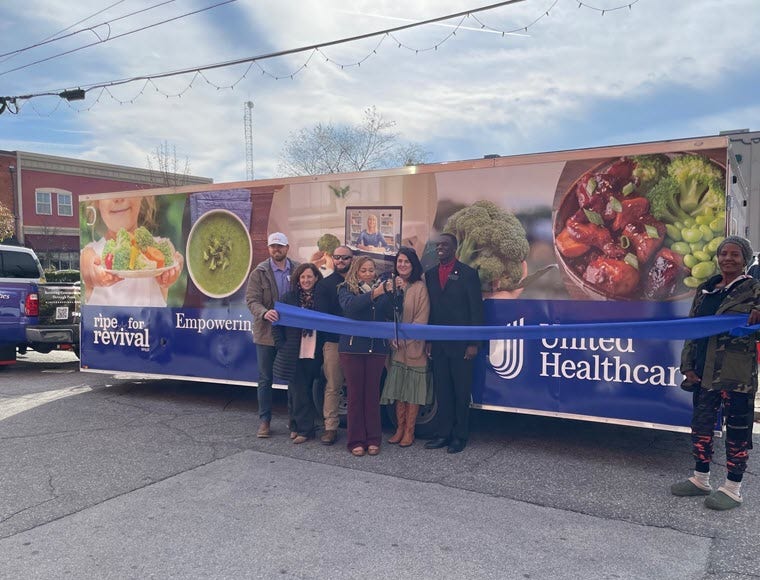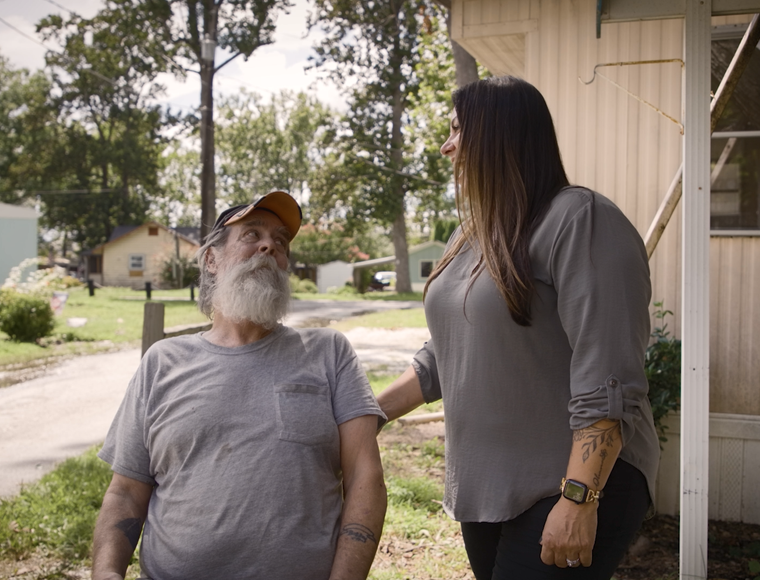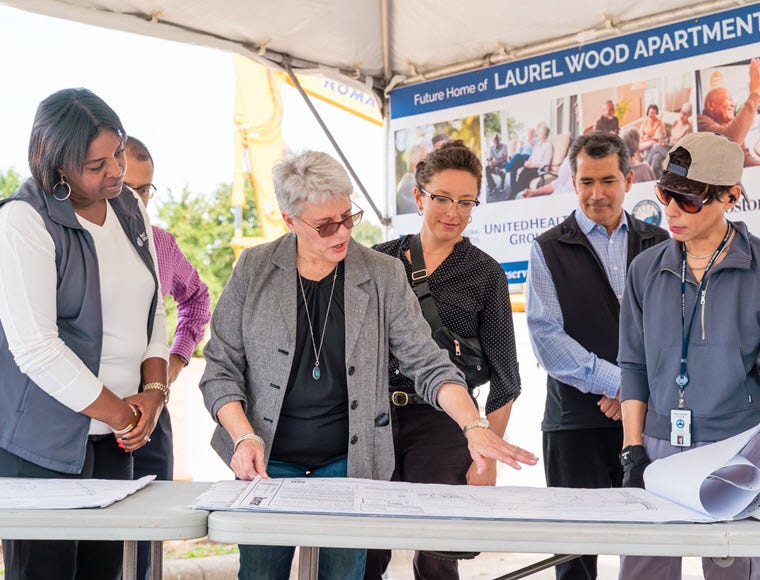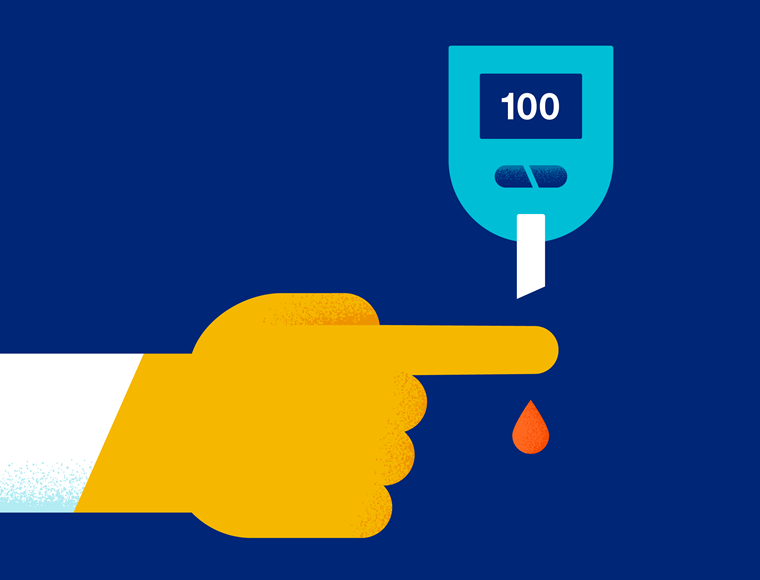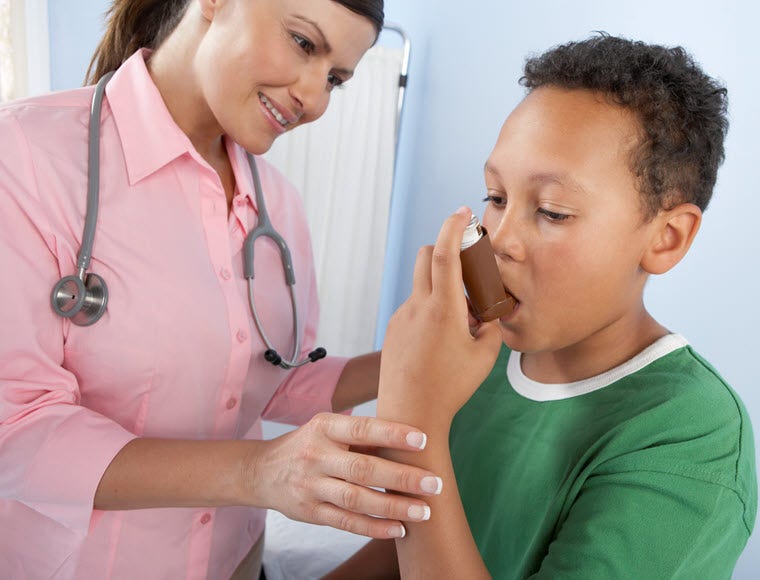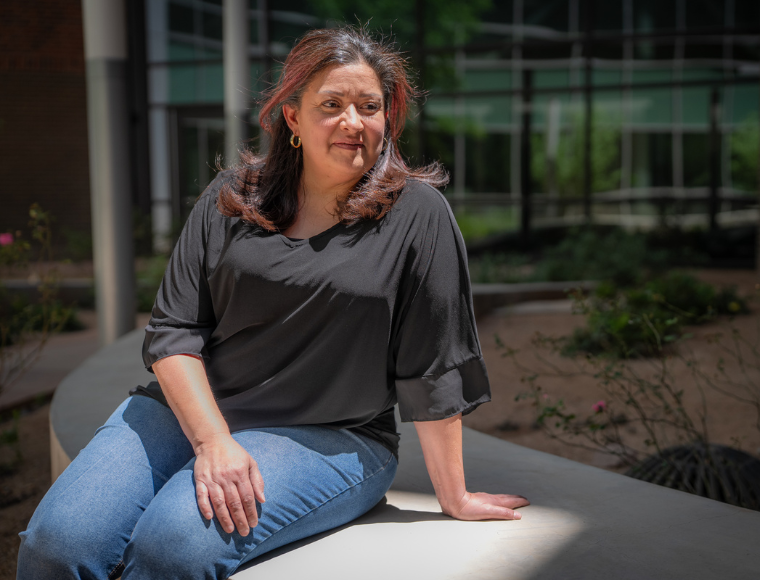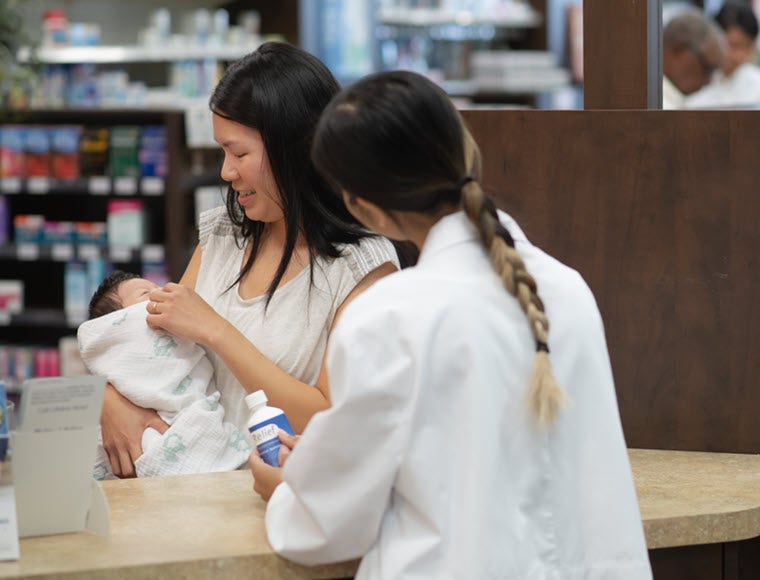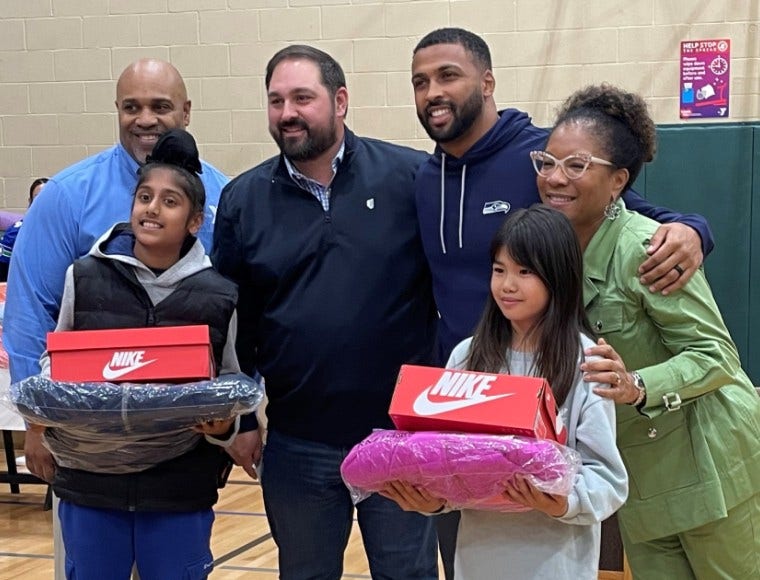For mothers and families in Cabarrus, Stanly and Rowan counties in North Carolina, substance use disorder (SUD), particularly opioid use disorder, can create complex health and social challenges. Barriers such as fragmented care systems, stigma in provider settings and restrictive admission protocols often prevent families from accessing the coordinated support they need. UnitedHealthcare Community Plan of North Carolina is helping address these challenges through a $400K investment in the Suda Institute’s SUN (Substance Use Network) Project, an initiative recognized regionally and internationally for transforming care for families affected by SUD. This collaboration aims to strengthen integrated systems of care, enhance provider training and amplify the voices of mothers with lived experience, ensuring services are not only available but trusted and effective.
The SUN Project: Coordinated care for whole-family wellness
The SUN Project works across public health, health care, social services, housing, education and behavioral health to close gaps and align systems in real time.1 This cross-sector model has already achieved notable results, including zero reported maternal or infant deaths among participants, a 94% program adherence rate and a 30% reduction in symptomatic neonatal abstinence syndrome. UnitedHealthcare’s investment will help the SUN Project expand its capacity to:
- Coordinate a system of care that connects providers across agencies to better serve families
- Deliver specialized workforce training, from peer-to-peer physician education to legal guidance on inter-agency confidentiality
- Lead stigma-reduction efforts so that more families feel safe seeking help
Empowering providers and amplifying community voices
An important part of the SUN Project’s approach is elevating the perspectives of those directly impacted. Mothers with lived experience participate in engagement groups, serve in leadership roles and help shape recovery-supportive services that are culturally relevant and accessible. The program also invests in building provider skills, with plans to train between 50 and 100 professionals across sectors. This training promotes best practices, strengthens collaboration and equips providers to respond with compassion and effectiveness. The goal is to increase best-practice implementation by 80% and ensure that over 80% of participants feel safe accessing care in their communities.
Driving measurable impact for families and communities
The SUN Project’s model aligns with North Carolina’s county-level priorities, including improving maternal and child health, reducing foster care placements and advancing integrated care. By addressing systemic barriers and fostering trust, the initiative offers a path to better outcomes, from reducing maternal mortality to keeping more families together.
For UnitedHealthcare, the investment reflects a commitment to prevention, whole-person care and community collaboration. By working alongside the Suda Institute, the health plan is helping to build a stronger, more resilient support system that empowers families, strengthens providers and creates lasting health improvements across the region.
“We are committed to building healthier communities in North Carolina and to achieve that it is critical we support initiatives like the SUN Project,” said Anita Bachmann, CEO, UnitedHealthcare Community Plan of North Carolina. “By eliminating barriers in care delivery, we can ensure better health outcomes for the individuals we have the privilege to serve.”
Learn more about how we are investing in improved child health outcomes in North Carolina.
Enjoy this article? Get future Community & State insights delivered right to your inbox.


